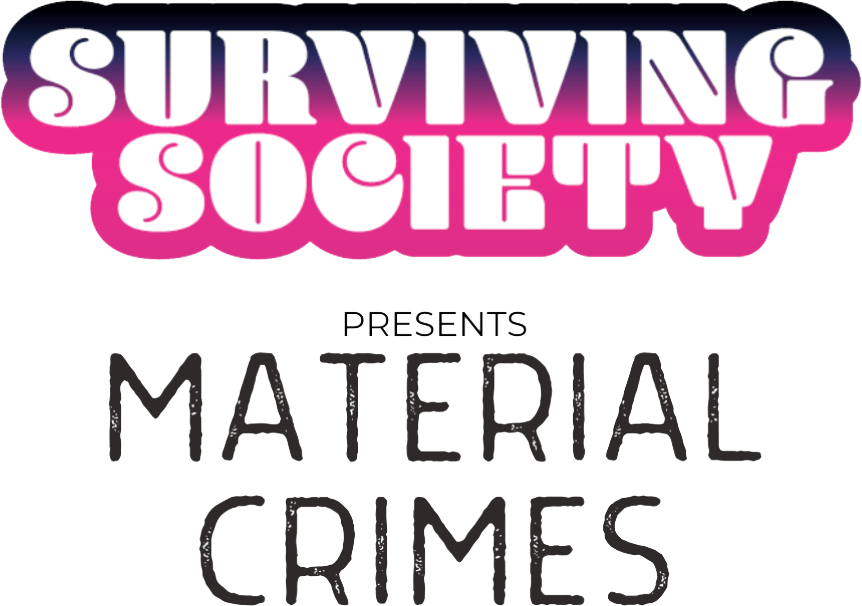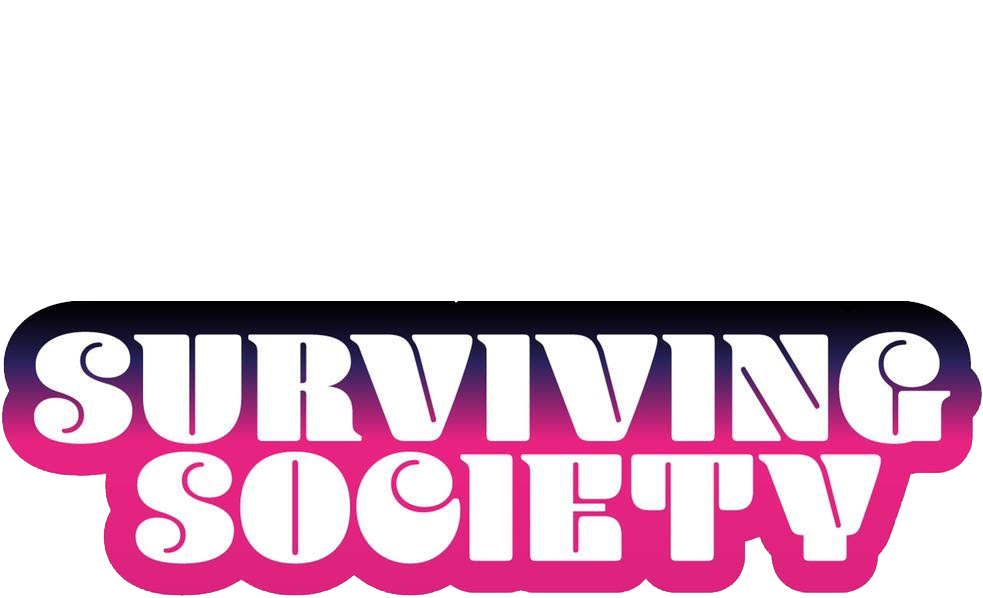A very British massacre

On the 10th anniversary of the massacre of 34 striking mine workers at Lonmin platinum mine in Marikana, our host for this episode, Daniel Selwyn, investigates the transnational complicity of state and corporate actors, while amplifying voices from the ongoing struggles for justice and reparations. For listeners in London and the UK this episode is particularly close to home, as a massacre at a South African mine unravels into a story about the crimes of global capitalism in which we are all implicated. We’ll learn just how entangled Marikana is with the city of London, the suburbs of Germany, and corporate interests that ensnare the most powerful figure in South African politics.
During the episode, Daniel speaks to community activists from Sinethemba Women’s Organisation, Thumeka Magwanqwana and Gabisile Khanyile, as well as a Marikana mine worker Bongisisa Gwiliza. He also speaks with the attorney for hundreds of incarcerated mineworkers, Andries Nkome, and Maren Grimm, who is part of the international solidarity movement with the communities in Marikana.
During the episode, Daniel speaks to community activists from Sinethemba Women’s Organisation, Thumeka Magwanqwana and Gabisile Khanyile, as well as a Marikana mine worker Bongisisa Gwiliza. He also speaks with the attorney for hundreds of incarcerated mineworkers, Andries Nkome, and Maren Grimm, who is part of the international solidarity movement with the communities in Marikana.
Useful Links
London Mining Network:
www.londonminingnetwork.org
Marikana Solidarity Collective:
www.facebook.com/MarikanaSolidarity
Plough Back the Fruits:
www.basflonmin.com
Lonmin’s Wall of Shame:
https://londonminingnetwork.org/lonmin-wall-of-shame/
www.londonminingnetwork.org
Marikana Solidarity Collective:
www.facebook.com/MarikanaSolidarity
Plough Back the Fruits:
www.basflonmin.com
Lonmin’s Wall of Shame:
https://londonminingnetwork.org/lonmin-wall-of-shame/
Further Reading
Kerima Modideen and Richard Harkinson. “London’s Mining History, From Colonialism to Apartheid: Why Rhodes Must Fall,” 10 February 2016, https://londonminingnetwork.org/2016/02/londons-mining-history-from-colonialism-to-apartheid-why-rhodes-must-fall/
Hennie van Vuuren. “Apartheid, Guns and Money: A Tale of Profit,” (London: Hurst, 2018).
Marinovich, Greg. “Murder at Small Koppie: The Real Story of the Marikana Massacre,” (London: Penguin Random House, 2016).
Maren Grimm, Britta Becker and Jakob Krameritsch. “Business as Usual after Marikana: Corporate Power and Human Rights,” (South Africa: Jacana Media, 2018).
Hennie van Vuuren. “Apartheid, Guns and Money: A Tale of Profit,” (London: Hurst, 2018).
Marinovich, Greg. “Murder at Small Koppie: The Real Story of the Marikana Massacre,” (London: Penguin Random House, 2016).
Maren Grimm, Britta Becker and Jakob Krameritsch. “Business as Usual after Marikana: Corporate Power and Human Rights,” (South Africa: Jacana Media, 2018).


